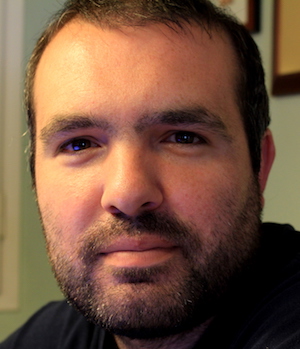Biography
Guillem Anglada-Escude devoted his Ph.D. thesis in astrophysics (2007) at University of Barcelona/Spain to the Gaia Space Astrometry mission of the European Space Agency. Later, he obtained a postdoctoral fellowship at the Carnegie Institution for Science, where he worked with exoplanet pioneers Alan Boss and Paul Butler. In 2011, he developed a suite of algorithms which led to unprecedented Doppler precision on red-dwarf stars and applied it to existing datasets. In 2012, he moved to the University of Göttigen and joined forces with Mikko Tuomi to develop global optimization methods for the analysis of time series. Several new potential small planets were identified, including most of the temperate super-Earths around the nearest stars. Some of the claims were not widely accepted by the community and remain controversial. However, their approach was shown to be the most robust one in a double-blind test exercise organized at Yale in 2015. In 2015, Guillem was appointed Lecturer at Queen Mary University of London. In 2016, he led the “Pale Red Dot” campaign – including a corresponding public engagement counterpart – which led to the robust detection of Proxima b, the nearest exoplanet to the solar system. The success of the campaign and results excited the creativity of both scientific and public communities, resulting in numerous publications and highlights, news items, blog posts and spontaneous artistic expressions that put the discovery of Proxima b among the top scientific stories of 2016.
Sessions as a Speaker
J2) “Contact” Plus 20: Where We Are in the Search for Aliens
- University of California, Berkeley: Wheeler Hall Auditorium

